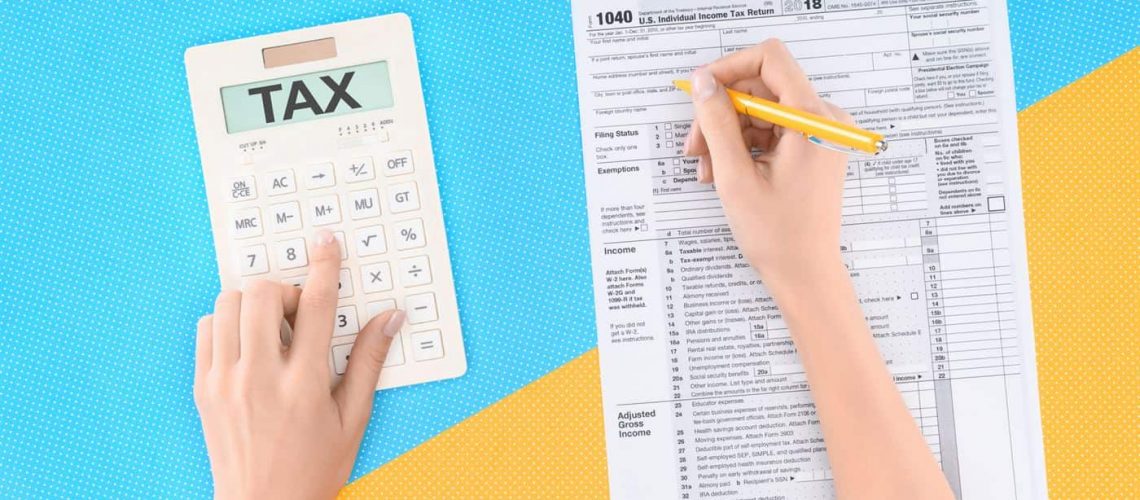Whether you are a citizen or you own a business in Singapore, you are legally responsible to pay taxes to the respective governmental authorities. The modern-day economy is very volatile, which emphasizes the need to manage your taxes effectively, especially for your businesses to remain competitive in the global market. Equally, it is important to understand the regulations and reliefs available to remain compliant with relevant laws.
The Government imposes the following taxes to both individuals and businesses:
- Betting Tax;
- Casino Tax;
- Custom and Excise Duty;
- Estate Duty;
- Goods and Service Tax;
- Income Tax;
- Motor Vehicle Tax;
- Property Tax; and
- Stamp Duty.
With proper tax planning as well as the identification of suitable opportunities for tax savings through consultation, you can optimize your taxes easily.
Tax Planning
In the process of planning on the best approaches to manage your tax payments in Singapore, you need to put the following things into consideration with the aim of reducing your tax obligations and enjoying maximum profits for your business.
Tax Authority of Singapore
In Singapore, the collection of tax is overseen by the Inland Revenue Authority of Singapore (IRAS). The IRAS is the legal statutory board mandated by the Singapore Government under the Ministry of Finance to carry out tax collection for individuals and business. The collected taxes make up around 70% of the Government’s Operating Revenue, which supports various socials and economic programmes.
The authority also represents the Government in tax treaty negotiations, provides advisory services on property valuation, and drafts tax legislations. Before embarking on the taxation planning, we advise that you clearly understand IRAS rules and regulations to avoid situations that would find your business guilty of tax evasion.
Singapore Tax Rates
The fundamental principle of Singapore’s tax policy is ensuring tax rates remain competitive for both individuals and companies. Singapore’s one-tier tax system with a flat corporate rate of 17% is one of the lowest in the world. Individuals are allowed to claim tax credits known as unilateral tax credit (UTC) for foreign tax remitted on specific types of income on condition that the income is sent to Singapore. Furthermore, Singapore companies can also claim foreign tax credit (FTC) for tax paid to an overseas authority after receiving a foreign income because they may be taxed twice.
Therefore, prior to embarking on any tax planning procedures, you should ensure you have a detailed idea about the various applicable tax rates for your business as well as the corresponding taxable income levels. This will give help you realize the actual tax rates for your annual taxable income, which goes a long way in creating the most effective tax planning in Singapore.
Tax Reliefs
Getting detailed information about tax reliefs can help your business seize important opportunities for tax savings. As a part of the process of Singapore tax planning, always consult the IRAS to determine whether your company qualifies for a tax relief program to resolve your tax debt. This helps you pinpoint the most suitable tax saving plans, for example, tax deduction plan for charitable donations, employment expenses, etc.
For example, under the Avoidance of Double Taxation Agreement (DTA), Double tax relief (DTR) is a tax credit offered to reduce cases of being taxed twice. Your company is considered eligible if its entire management occurs in Singapore. Furthermore, Singapore residents can use the DTR to claim credit for tax paid to a foreign tax authority.
Tax Consultation
Experienced Tax Consultants
In order to approach tax planning in the most effective manner for your business, we advise that you hire a skilled and experienced tax consultant. A dedicated tax consultant will ensure you get the most of all available tax savings through various proven innovative methods. Reaching out for an experience tax consultant also helps you avoid tax evasion in the process of conducting effective planning for tax saving. Whether you choose to hire an independent consultant or a firm, you must examine if they understand the IRAS regulations, tax rates, and if they have the prerequisite skills to implement an effective tax saving plan for your business.
How Can We Help?
Are you stuck with tax reporting and deductions?
Tianlong Services provides tax planning and consulting services as a section of its specializations in Singapore. Our tax professionals deliver value-added tax planning and consultancy services to individuals and business by offering effective strategies and solutions to critical tax-related matters.
Generally, our services include:
- Applying for advance tax rulings
- Applying for tax and related incentives
- Carrying out income tax planning and advisory services
- Conducting tax audit reviews
- Identifying tax incentive opportunities to optimize tax benefits
- Preparing and submitting income tax returns and computations
- Pursuing tax objections and tax position with tax authorities
- Responding to queries from regulator involving tax issues and disputes
Our tax planning and compliance team has extensive knowledge of Singapore’s tax system and in-depth experience in managing various tax obligations. We have effective in-house tools and systems to manage all your tax affairs in the long-term as we craft genuine tax savings plans for your business while complying with tax laws. Our tax professionals will not only work closely with your company to better understand your tax obligations, but also offer tax planning ideas, while exploring tax mitigation opportunities and approaches to preserve your business.
Contact us
Tianlong’s consultancy services embrace best practices of conducting a comprehensive overall tax assessment to help identify deductions or itemizations that you may have overlooked. This produces a clear explanation of your eligible tax deductions and how they can benefit your business.


